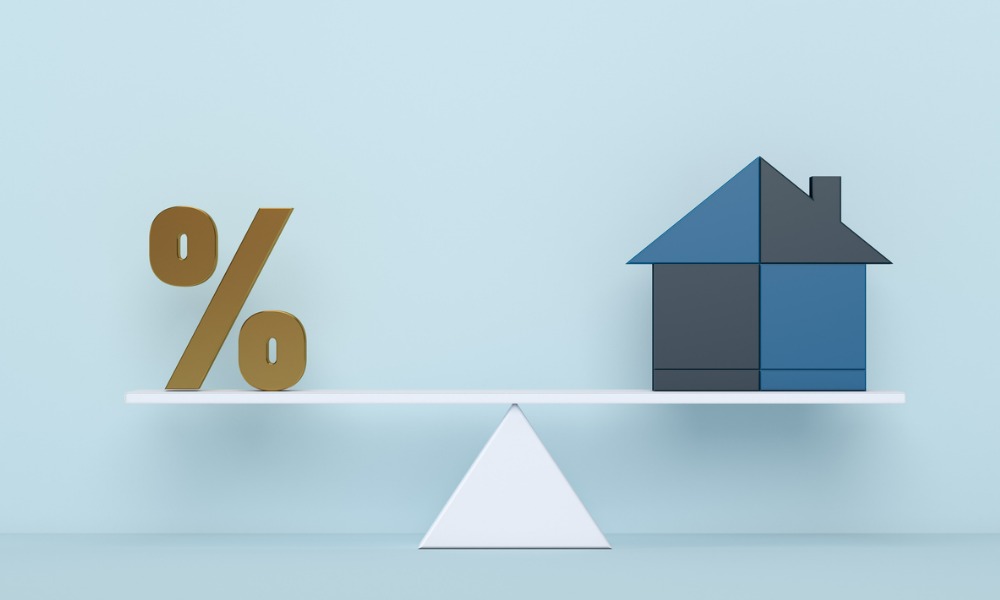What is a Track Record Mortgage? | A Step-by-Step Guide!
Body
When it comes to securing a mortgage, lenders consider various factors to assess your creditworthiness and ability to repay the loan. One such factor is your financial track record. A track record mortgage is a type of mortgage that takes into account your financial history and past credit behavior. In this comprehensive guide, we'll explore what a track record mortgage is, how it works, and the steps involved in obtaining one.
Understanding Track Record Mortgages
A track record mortgage is a specialized type of mortgage that considers your financial track record, including your credit history and past borrowing behavior. Unlike traditional mortgages that primarily focus on your current financial situation and income, a track record mortgage takes a more holistic view of your financial past. This can be beneficial for individuals who may have had past financial challenges but have since improved their creditworthiness.
How Track Record Mortgages Work?
Track record mortgages work by assessing your credit history over a more extended period, usually beyond the standard six years that most credit agencies keep records. Lenders may collaborate with specialized credit agencies or use their internal criteria to evaluate your track record. This allows them to consider your overall credit behavior, including any previous financial difficulties and how you have managed credit over time.
Steps to Obtain a Track Record Mortgage
Obtaining a track record mortgage involves several steps, similar to applying for a traditional mortgage:
Check Your Credit Report
The first step is to obtain a copy of your credit report from the major credit reference agencies. Review the report for any inaccuracies or discrepancies that may need to be addressed before applying for a mortgage.
Gather Financial Documents
Prepare all necessary financial documents, such as pay stubs, bank statements, and proof of income. Be ready to provide documentation that covers a more extended period, reflecting your track record over time.
Research Lenders
Not all lenders offer track record mortgages, so it's essential to research and find lenders who specialize in this type of mortgage. Seek recommendations, read reviews, and consider working with a mortgage broker who has experience with track record mortgages.
Be Prepared for a Thorough Assessment
Track record mortgages involve a more comprehensive assessment of your financial history. Be prepared to answer questions and provide explanations about any past financial challenges and how you have worked to improve your creditworthiness.
Demonstrate Improvement
Show the lender that you have made positive changes to your financial habits and have a more stable and responsible approach to managing credit. This can include paying bills on time, reducing debt, and maintaining a healthy credit utilization ratio.
Consider a Larger Deposit
A larger deposit can strengthen your mortgage application, especially if your track record includes past financial difficulties. Saving for a more substantial deposit demonstrates your commitment and reduces the lender's risk.
Conclusion
A track record mortgage offers an alternative route to homeownership for individuals with a more complex financial history. By considering your financial track record, lenders can make a more informed decision about your creditworthiness and ability to manage a mortgage. If you have had past financial challenges but have since improved your credit behavior, a track record mortgage could be the solution to help you achieve your homeownership goals.











Comments